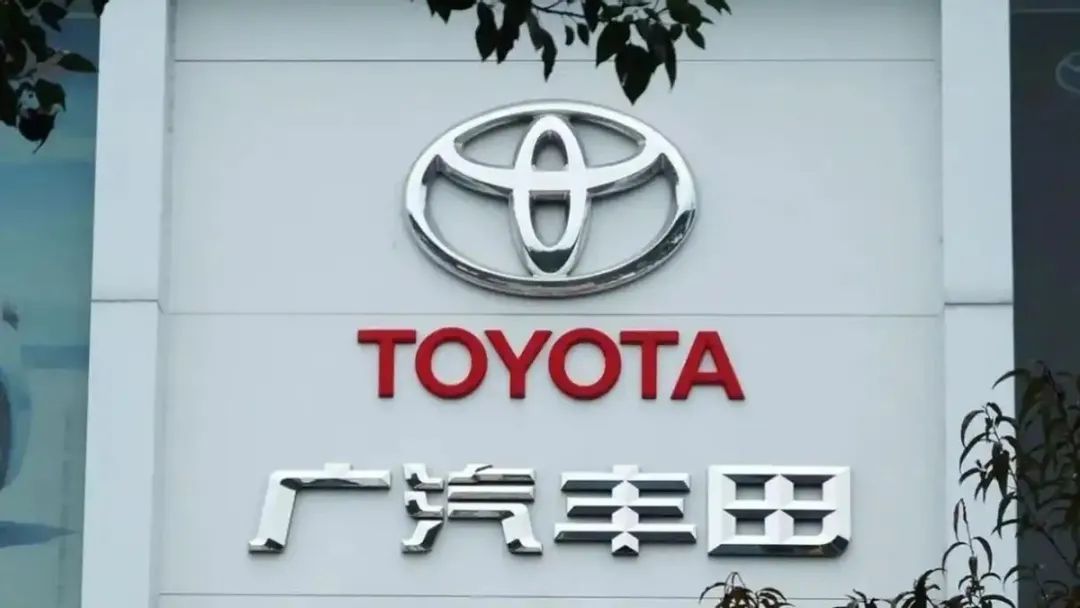The electric vehicle (EV) industry has seen explosive growth in recent years, driven by technological advancements, environmental concerns, and governmental incentives. Among the companies striving to claim a slice of this lucrative market, the Great Wall Motor Company (长城汽车) and GAC Group (广汽集团) have recently made headlines with their investments.
According to reports, Great Wall has committed an astonishing 12.4 billion yuan in investments aimed at enhancing its electric vehicle capabilities. In contrast, the GAC Group has opted for a more conservative approach, investing a mere 800 million yuan.
Analyzing these figures raises critical questions about the strategic directions of both companies. Why is Great Wall investing such a massive amount, and what does it intend to achieve with it? Meanwhile, what does GAC’s relatively small investment say about its current strategy in the EV market?
For Great Wall, the considerable expenditure seems to be a bid for market dominance in the rapidly evolving electric vehicle segment. By significantly increasing its investment, the company aims to enhance its R&D capabilities, scale up production, and develop more innovative and environmentally friendly vehicle models. This move positions Great Wall as a frontrunner in a highly competitive landscape.
Conversely, GAC’s relatively modest allocation of resources may reflect a more cautious approach. Industry analysts speculate that GAC might be focusing on consolidating its existing business before branching out aggressively into the electric market. GAC may prioritize refining its current production lines and ensuring profitability in its core offerings before making larger investments in EV technology.
The EV landscape is not purely defined by investment amounts; technology, brand perception, consumer trust, and government policy also play significant roles. As the companies navigate these complexities, the effectiveness of their strategies will soon become apparent.
Consumer preferences evolve rapidly in the EV sector.
Industry observers note that consumer preferences are shifting toward brands that not only commit to sustainability but also demonstrate a clear vision for the future. In this context, the investments being made by Great Wall might resonate more strongly with eco-conscious consumers eager to support companies that lead the charge toward a sustainable automotive future.
Furthermore, the broader implications of these expenditures cannot be ignored, especially considering the global trends in the automotive industry. As more manufacturers pivot to electric, companies like Great Wall and GAC must not only invest in technology but also anticipate shifts in consumer demand and regulatory changes.

In conclusion, while Great Wall’s 12.4 billion yuan investment positions it as a formidable competitor in the electric vehicle market, GAC’s strategic conservatism could be an equally valid strategy, depending on broader market conditions and consumer acceptance. Time will tell which approach will yield the best results, but it is clear that the stakes in the electric vehicle industry remain high.
The race for electric vehicle market leadership is just beginning!
The future of the automotive industry hinges on how well these companies can adapt to rapid changes in technology and consumer expectations. Especially as the world braces for an ecological transition, the actions of Great Wall and GAC could set the stage for a new era in sustainable transportation.





